City Controller Candidate Mejia Offers LA a Transparent, Accountable Future
City elections have historically been overlooked and under-acted upon. In fact, only a dismal average of 15 to 27% of eligible voters across the nation tend to turn out for local elections, with many leaving all but the mayoral section of the ballot blank. But, one candidate is vying to change that, and, if the record-breaking votes he received in the June 7th primaries are any indication, it’s working.
Running on a campaign of financial transparency, accessibility, and equity, Kenneth Mejia is leading the race for Los Angeles City Controller, a position that he insists we need to take seriously. Normally overlooked, the bid for Controller has grown contentious between Mejia, a Certified Public Accountant, and Paul Koretz, District Five’s City Council Member who began serving in 2009. Perhaps voters in this midterm election are especially interested in the role of Controller–the chief accountant and auditor of the city–because of the thorough work that Mejia has done to get voters (and non-voters) to care about the city’s budget. Starting in mid to late 2021, Mejia released a flurry of resources, highlighting the disparities in police funding vs COVID relief funds, places where parking tickets are most common, and breakdowns of traffic stops by race and cause.
Through a combination of grassroots canvassing, sign waving dressed as inflatable Pikachus, and billboards featuring Mejia and his two corgis–Killa and Kirby–the Mejia campaign has found a way to energize progressive voters in a time where more and more voters of all demographics, but especially young ones, are staying away from the polls out of despondent beliefs in the state of politics. Perhaps that energy is why Mejia received over 240,000 votes in the primaries earlier this year, a sum nearly ten thousand votes greater than what mayoral candidate Rick Caruso garnered.
Maybe what draws me to Mejia as a candidate more than anything else is how, despite not serving in city government, he started doing the job long before there was even a chance of it contributing to his paycheck. Like many other teenagers, I’ve grown up in the digital age and have seen how politicians readily take to Twitter and Instagram when there is a tragedy (to send thoughts and prayers), a scandal (to promise to do better), or an imminent election (to urge votes and donations). While Mejia absolutely and thoroughly employs social media as a tool for campaigning, he also does the work.
Take, for instance, when questions were raised about how to digest the city’s ‘22-23 projected financial budget; Mejia released an audited, annotated, and easily digestible breakdown of the otherwise complex and confusing report. When in early October, a damnatory report on the horrific conditions of LA animal shelters was dropped–a city public service that Koretz oversees as chairman of the Council’s Personnel and Animal Welfare Committee–Mejia sprang into action. He signed up to be a shelter volunteer, met with volunteers who had been retaliated against for raising concerns about the conditions of the shelters they helped at, and documented the process and his experience for his followers to see.
Most simply, the differences between the Koretz and Mejia campaigns can be seen in the billboards and mailers both have funded. While Koretz has launched a slander campaign against Mejia, Mejia has worked to invigorate LA voters to care about local politics and inform taxpayers about how their taxes are being spent by the city. While the former seeks to be elected, the latter seeks to make the city a better, more educated place.
Endorsed by the likes of the LA Times, La Opinión, Sunrise Movement LA, Working Families Party, and the Grassroots Law Project, Kenneth Mejia offers a traditionally overlooked role a progressive, transparent, forward-looking option. On November 8th, Los Angeles will head to the polls to, potentially and monumentally, change how local politics are run for the considerable future.

Maya (she/her) is a lover of historical fiction novels, cherry tomatoes, and all things coffee-related. When not writing, you’ll likely find her debating...
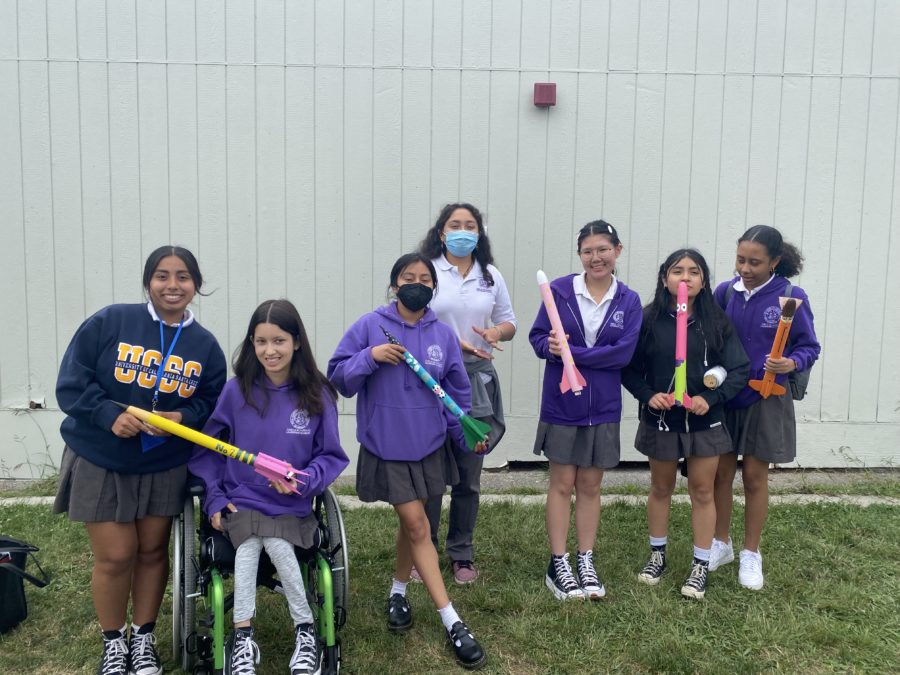



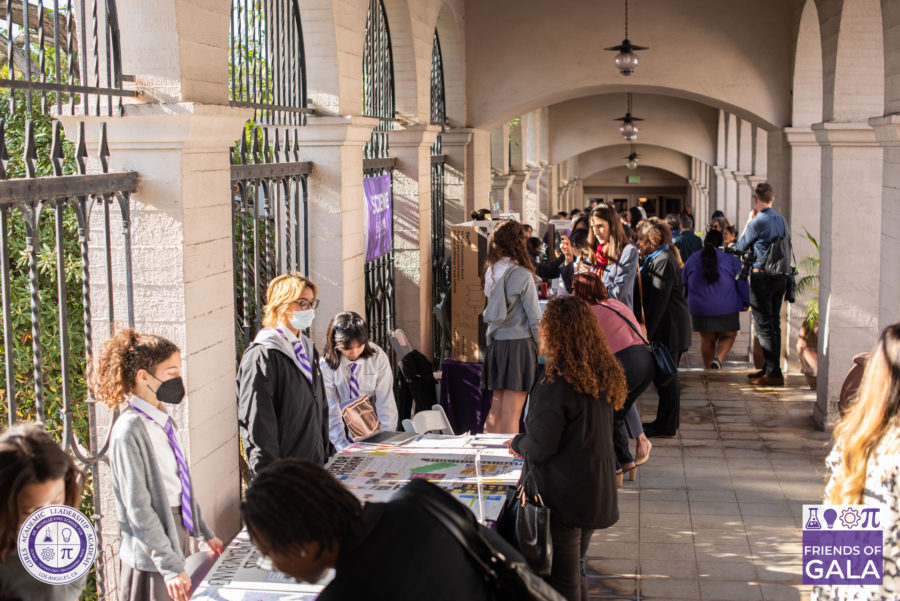










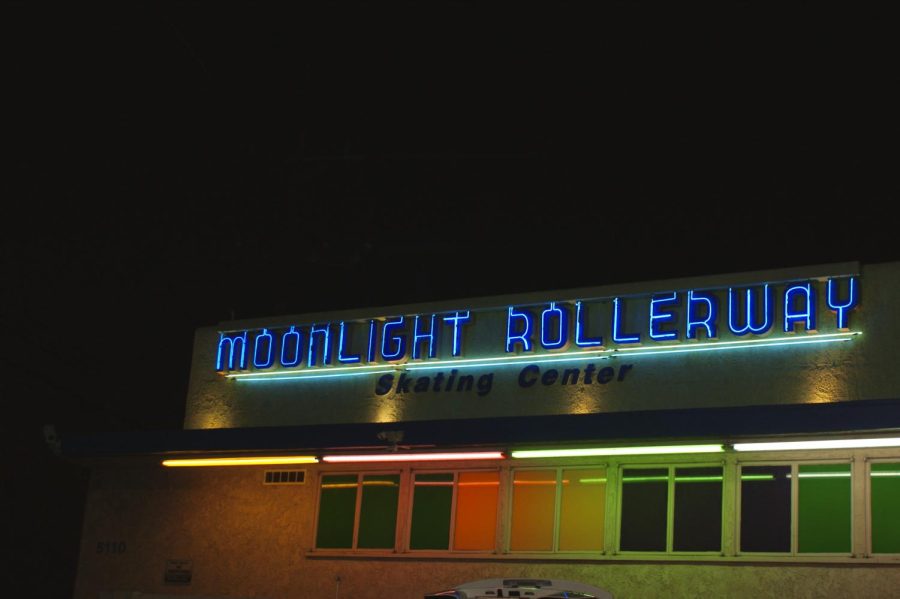
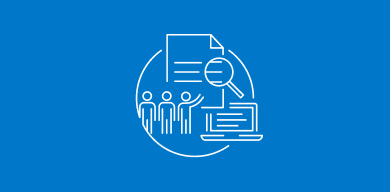


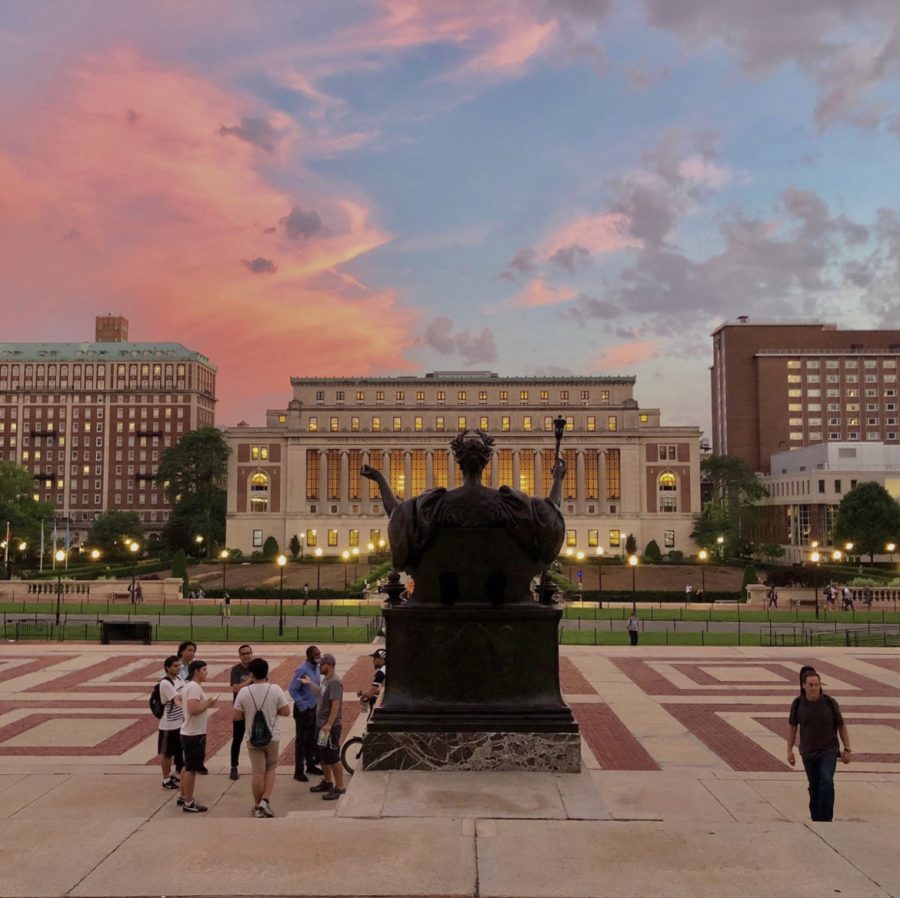



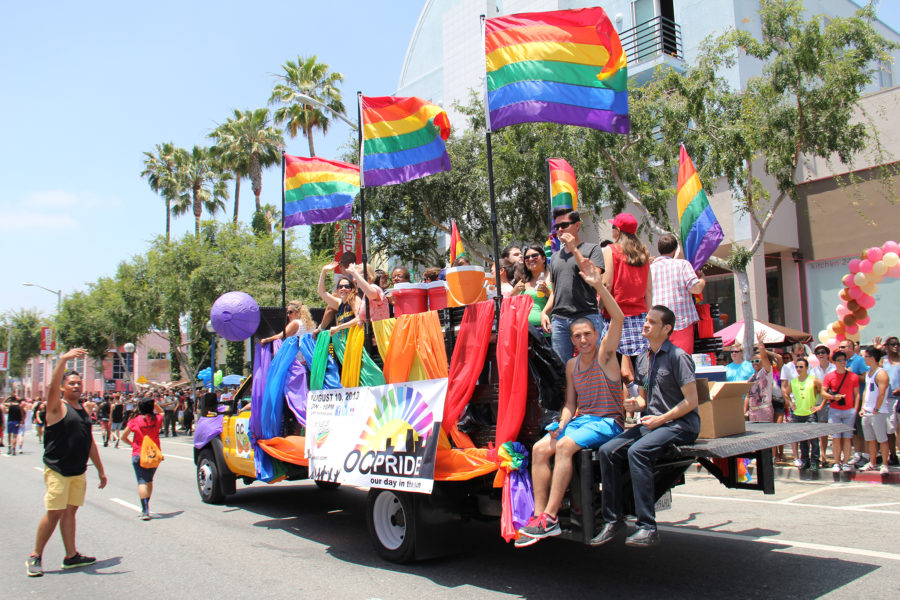





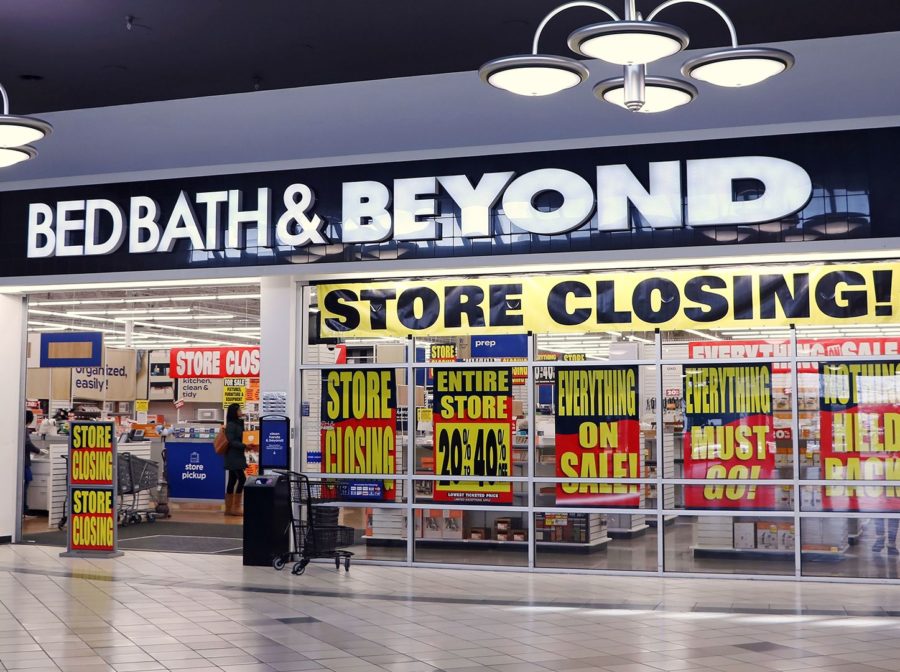
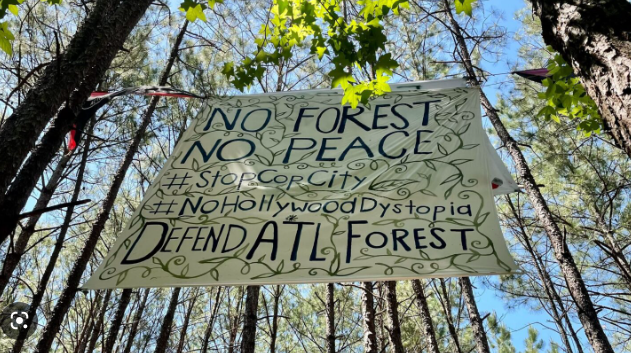
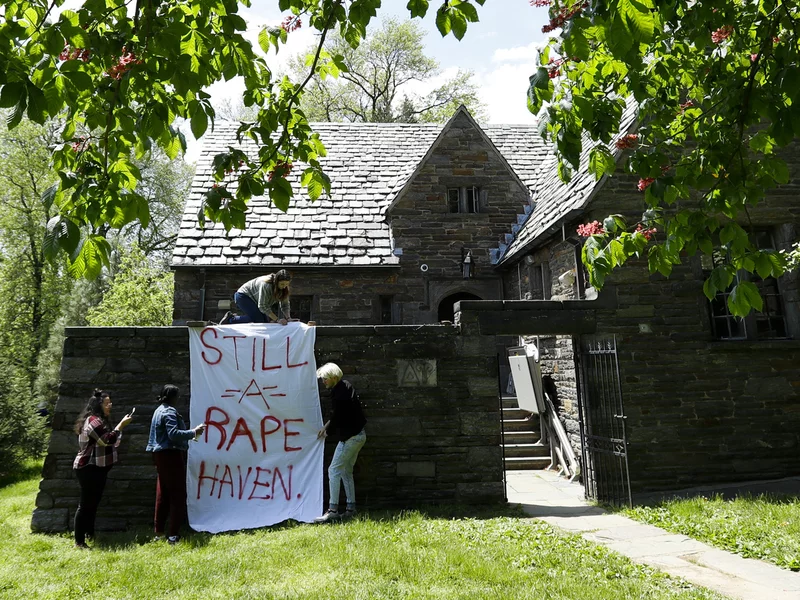
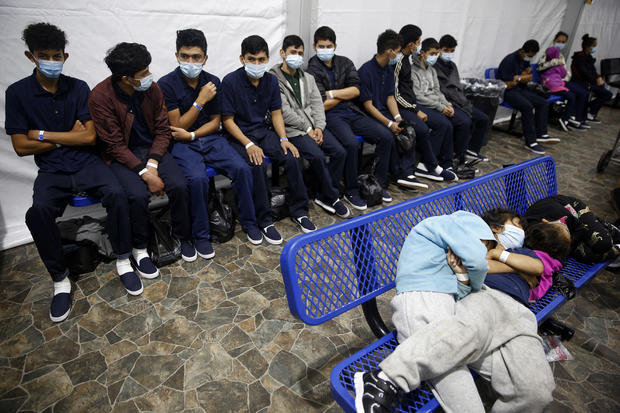
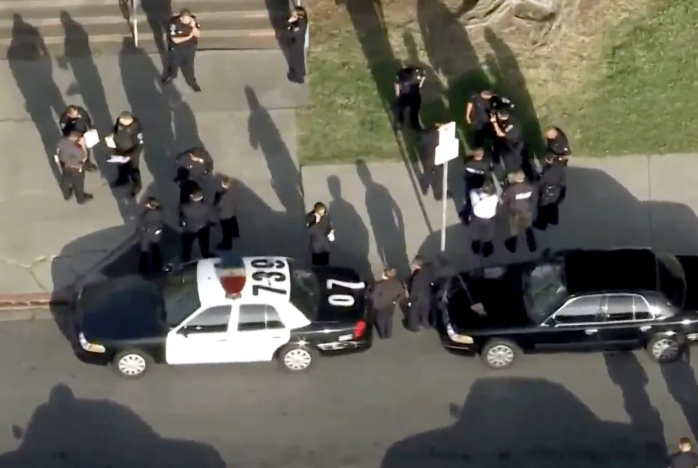
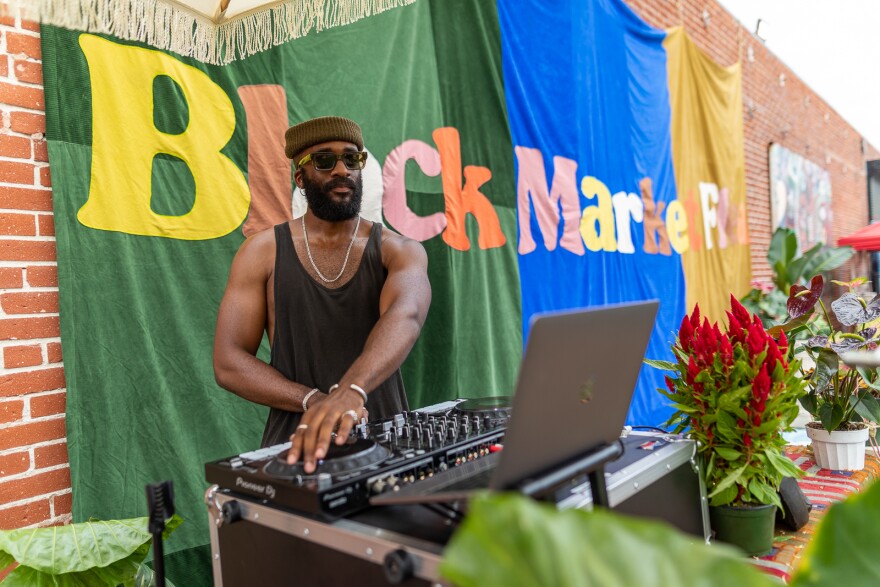
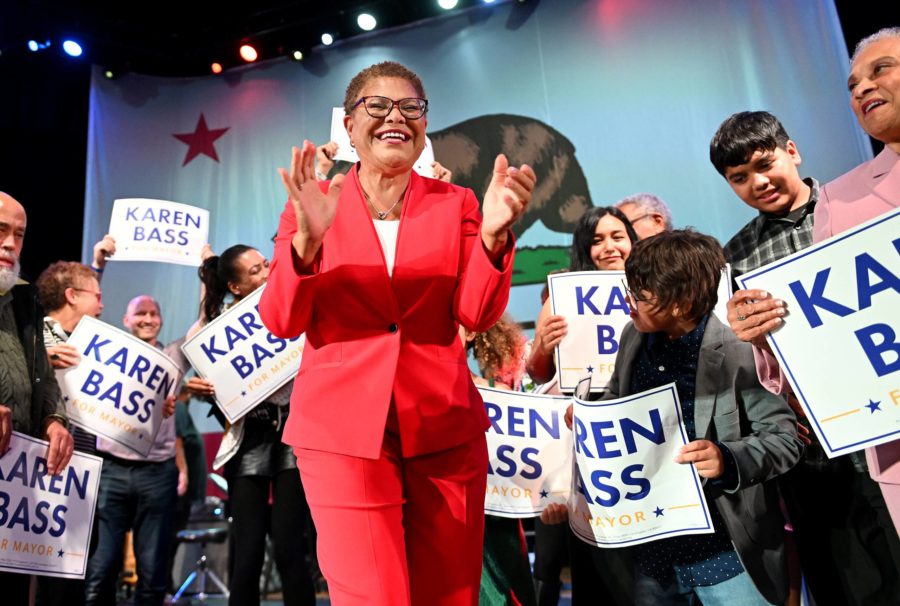











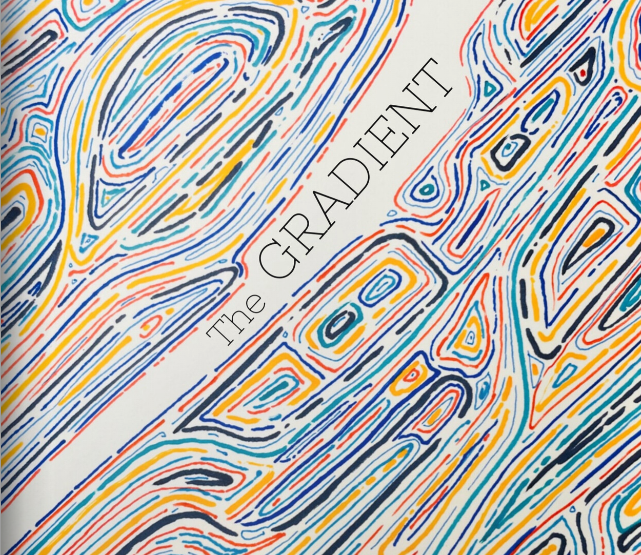







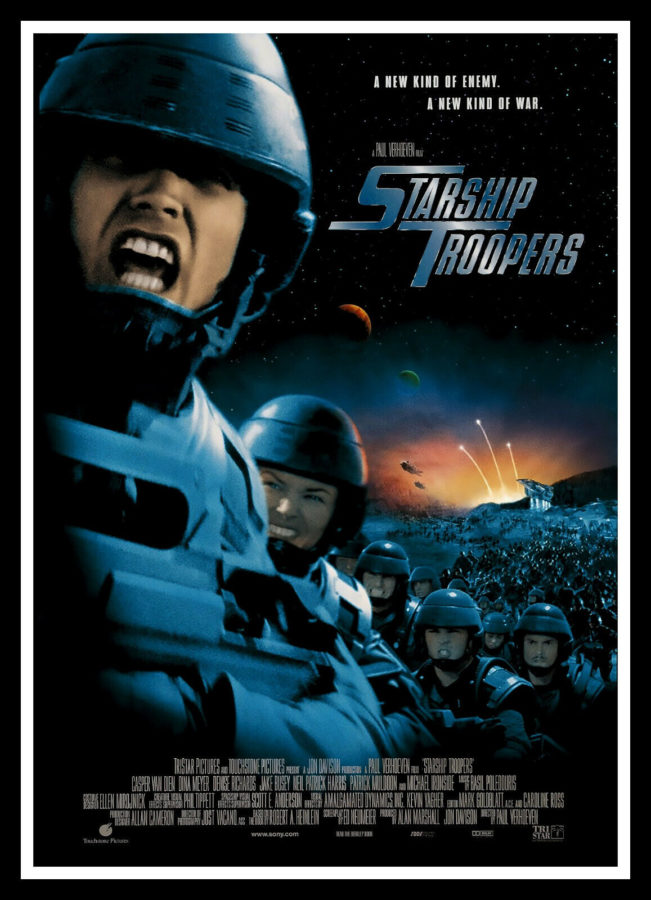









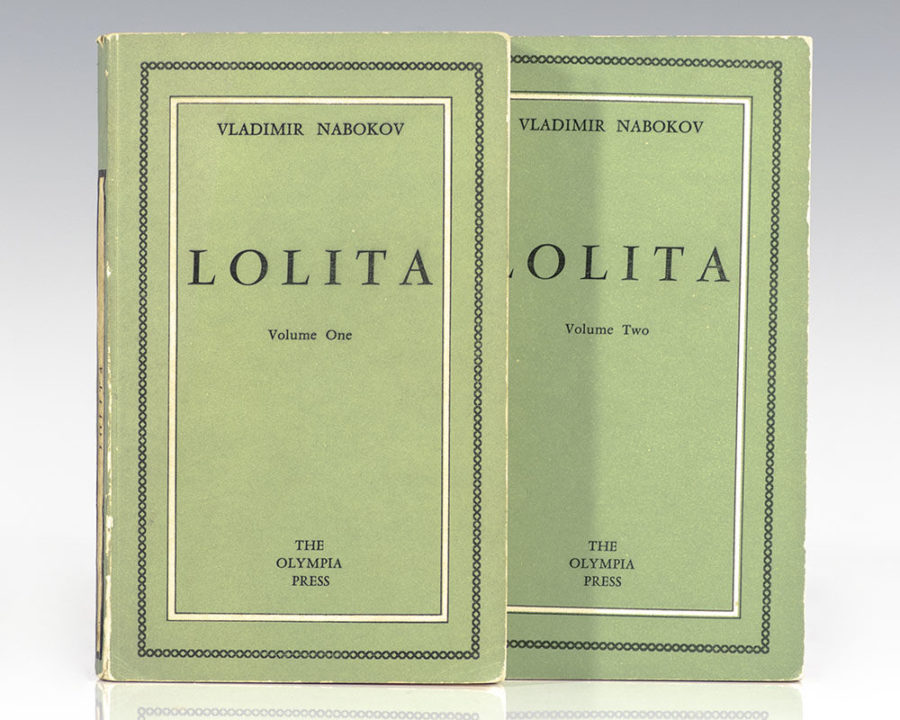
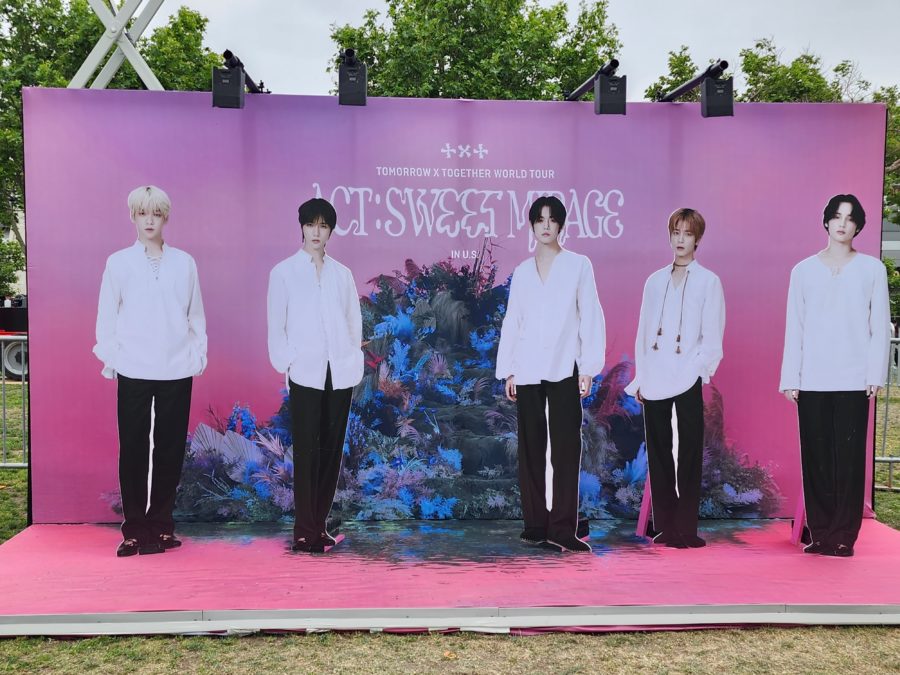



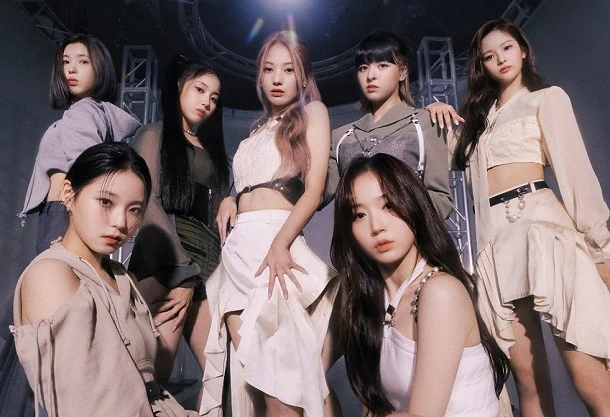





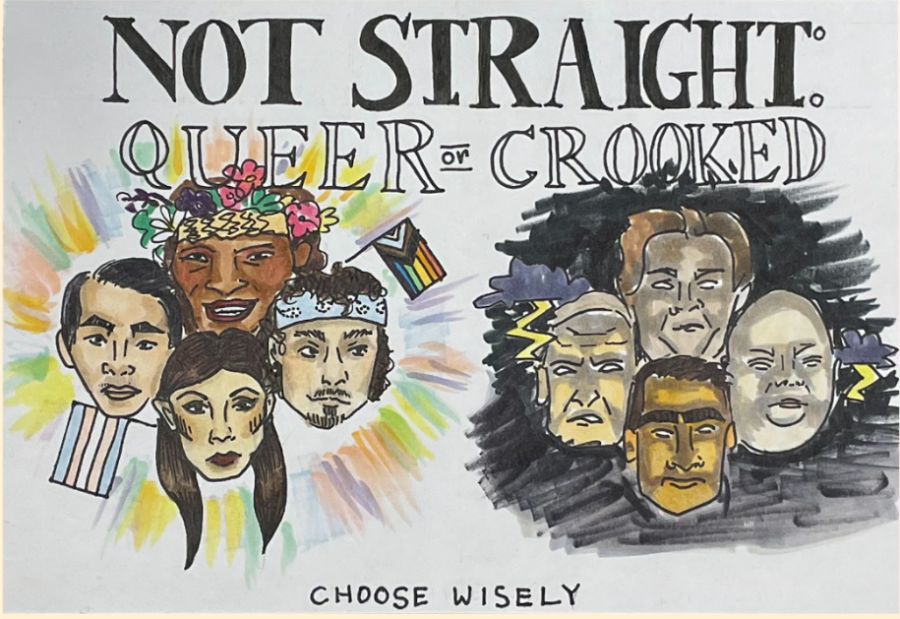


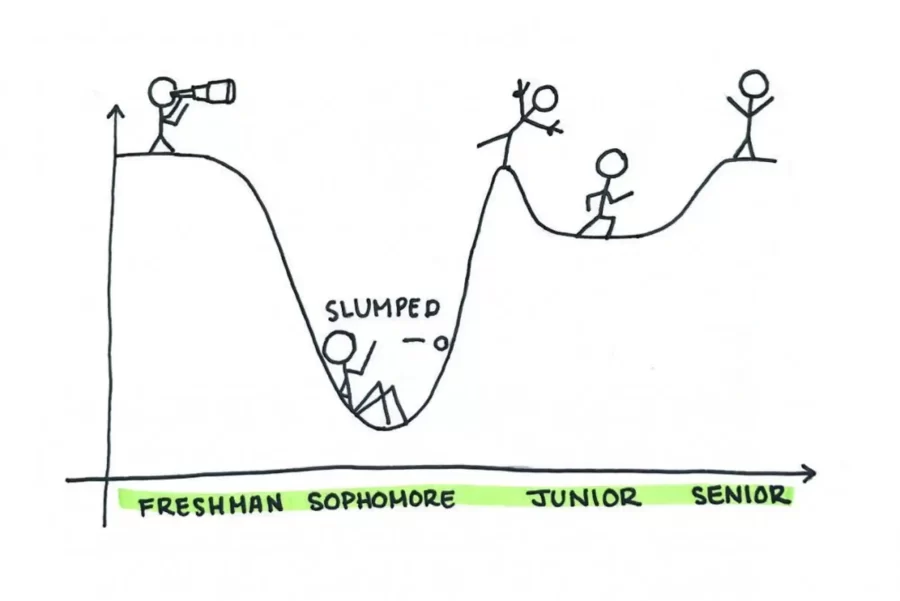



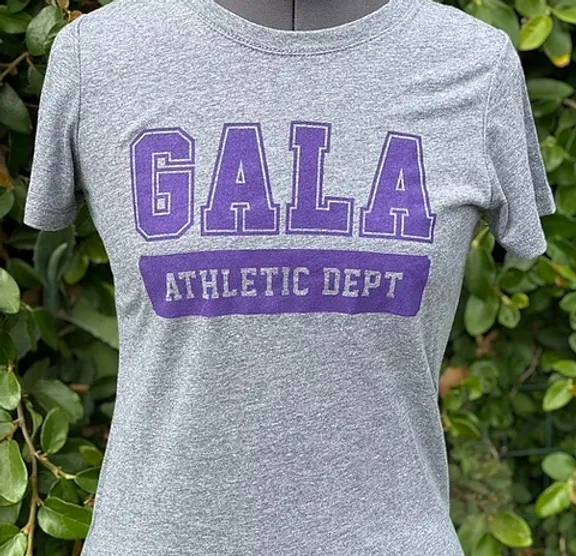


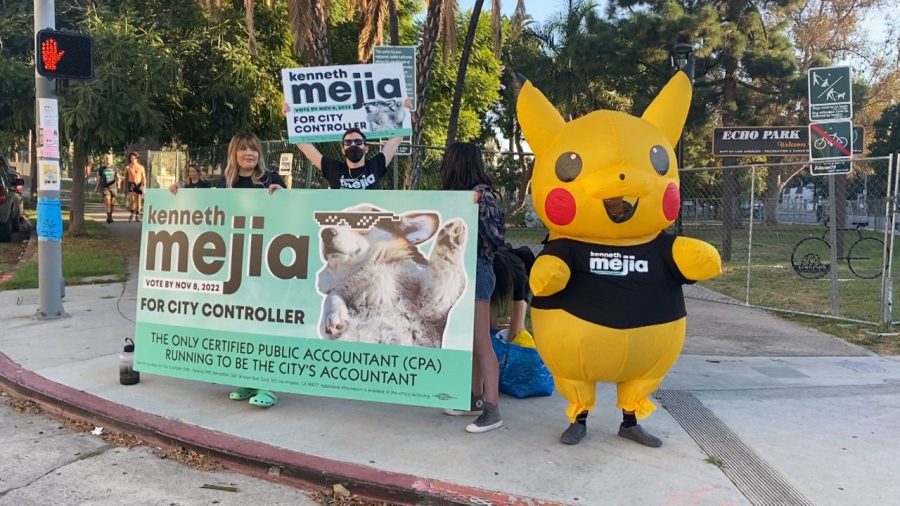

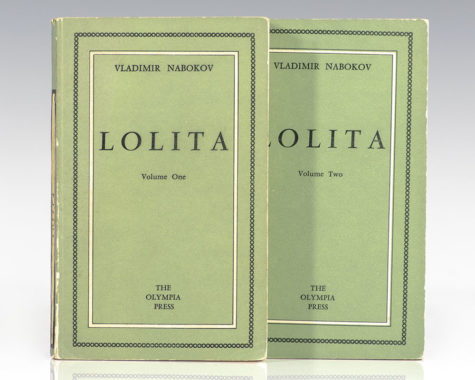


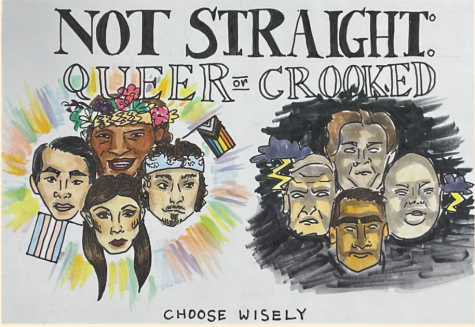





Veronica Lynch • Nov 2, 2022 at 5:08 pm
Thank you for helping students learn more about the candidates of the LA midterm elections!